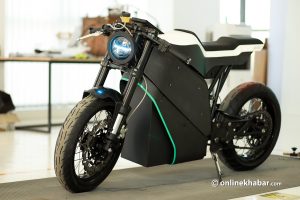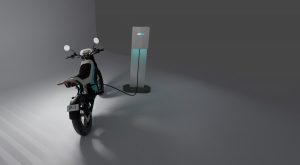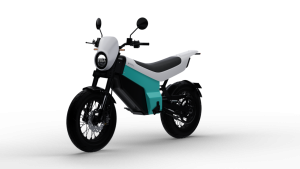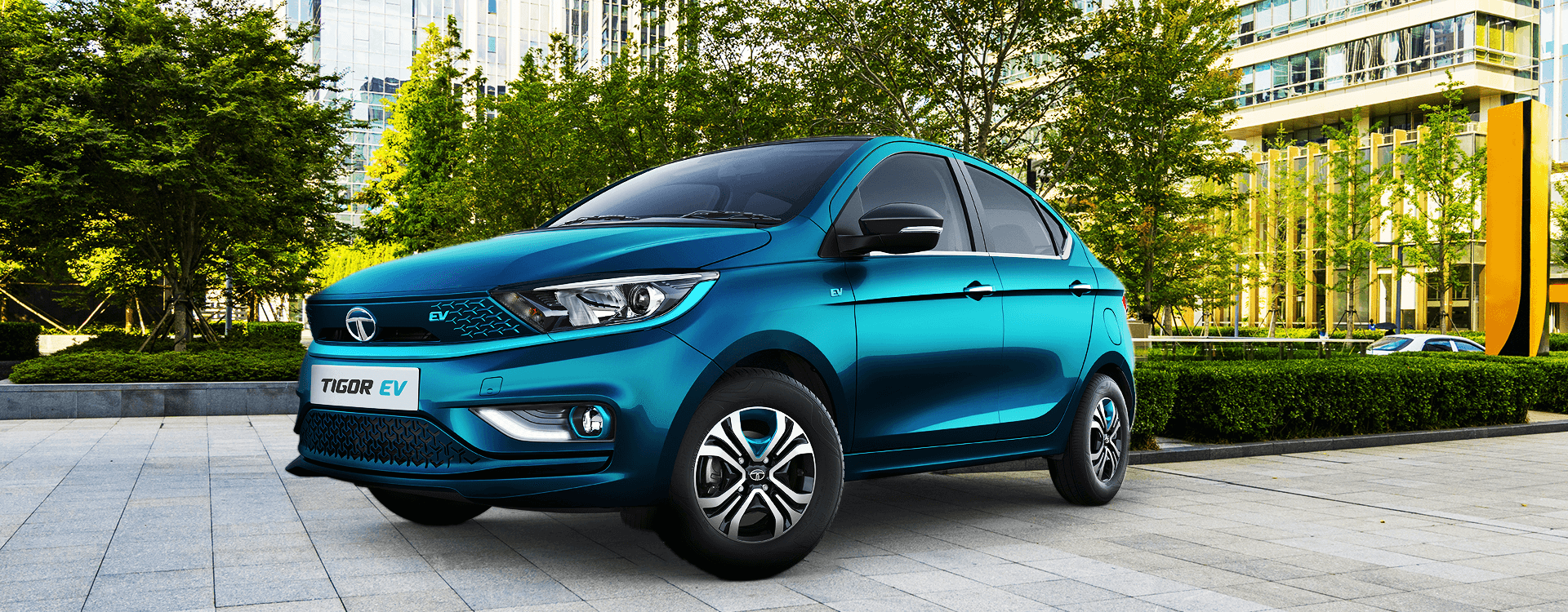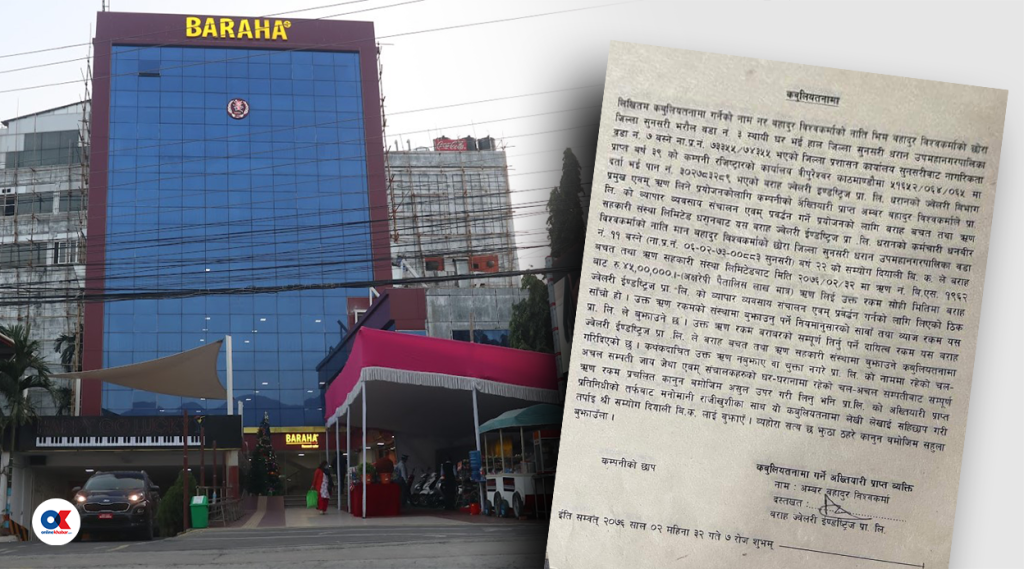
In December 2019, Nepal witnessed a groundbreaking milestone with the unveiling of the country’s first-ever electric motorcycle, designed and manufactured locally. Produced under the brand name Yatri, this electric bike marked a significant leap forward for Nepal’s automobile industry.
The electric bike, introduced as Project Zero (P-0), was the brainchild of a team led by engineer Asim Pandey, who returned to Nepal after completing higher education in the Netherlands. Alongside Asim, a talented group of engineers, including Kanishka Suwal, Ashesh Shrestha, Sulabh Shrestha, Sarthak Sharma, Krishna Shrestha, and Batsal Pandey, worked tirelessly for over two years to bring this innovation to life.
Building on the success of Project Zero, the company later launched Project One (P-1), another electric motorcycle model. Currently, around 80 Yatri motorcycles are in use on Nepal’s roads, gaining popularity among young Nepali consumers.
Despite the initial success and positive reception, Yatri faced challenges in scaling up its production. While Nepali engineers pioneered two-wheeler electric vehicle (EV) innovation, commercial production on a large scale proved to be a formidable task.
To overcome these challenges, Yatri Motorcycles has partnered with Sipradi Trading, a leading automotive company in Nepal, to take their innovation to the next level. Together, they have established Sipradi Yatri Pvt Ltd to drive the commercial production of Yatri’s products.
Moving from motorcycles to scooters

Unlike its previous focus on motorcycles, Yatri is now venturing into the scooter segment. In collaboration with Sipradi, the company plans to introduce a new range of electric scooters tailored to the Nepali market. This partnership also marks Sipradi’s entry into the two-wheeler EV market.
Under the joint venture, Yatri will oversee technical aspects and product design, while Sipradi will handle manufacturing, marketing, and distribution.
Progress underway
Asim Pandey, CEO of Yatri Design Studio, shared that the development of the new scooter has been underway for the past three months. “We are working on designing a scooter that suits Nepal’s needs. Engineering and technical efforts have been ongoing for the last three months,” Pandey told Onlinekhabar.
The company aims to launch the new scooter in the Nepali market by 2025. “We surveyed over 1,000 motorcycle users to understand what they expect from electric bikes and scooters. Based on their feedback, we are developing our new product,” Pandey added.
Chiran Thapa, Senior General Manager at Sipradi, emphasised the significance of producing vehicles suited to Nepal’s geography and market conditions. “We had not ventured into the two-wheeler market before, but Yatri’s vision for electric two-wheelers inspired us. Beyond market expansion, our goal is to support Nepal’s economy and promote locally manufactured products,” Thapa stated.
He also highlighted the role of Sipradi’s extensive network in ensuring customer satisfaction. “Consumers often worry about maintenance and breakdowns with electric bikes and scooters. Our network of charging stations, workshops, and showrooms will make it easier for Yatri scooter customers. Sipradi’s infrastructure will play a key role in after-sales service,” Thapa explained.
What to expect from Yatri scooters

According to Thapa, the upcoming Yatri scooters are being designed with the purchasing power and preferences of Nepali consumers in mind. “We are focusing on advanced technology while considering affordability and practicality for the average Nepali consumer,” he said.
Pandey noted that the new scooters will address common complaints about existing electric bikes and scooters. “Many current models struggle on steep roads, have limited range, and insufficient ground clearance. Our scooters will solve these issues,” Pandey explained.
He assured that the new scooters would instill confidence in riders navigating Nepal’s challenging road conditions. “Nepal’s roads are full of potholes, inclines, and uneven surfaces. Riders currently lack confidence in using electric bikes and scooters for intercity travel. Our new product will address these concerns,” Pandey said.
A step towards better EV adoption

The Yatri team is focused on addressing doubts about electric scooters among Nepali consumers. “We cannot confirm the exact price or range yet, but our technical team is working to bring the best product available in the market,” Pandey stated.
He expressed optimism that the Yatri scooter would establish a unique identity in Nepal’s EV market with its quality engineering, attractive design, and robust after-sales service.
Pandey also called for policy support from the government to encourage local innovations. “The government needs to address issues such as trademark and patent rights to prevent discouragement among entrepreneurs. Policy-level support is crucial to foster innovation and entrepreneurship,” he remarked.
As Yatri transitions from motorcycles to scooters, its partnership with Sipradi signals a promising future for Nepal’s EV industry. With a focus on quality, sustainability, and local relevance, Yatri’s new venture is poised to accelerate the adoption of electric vehicles in the country, contributing to a greener and more sustainable future.






